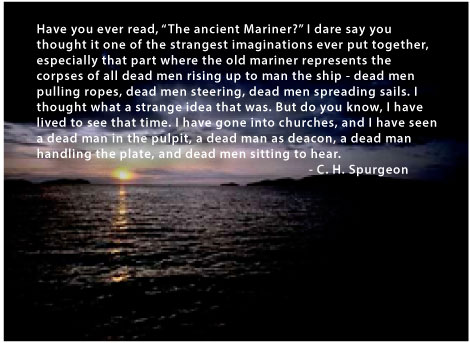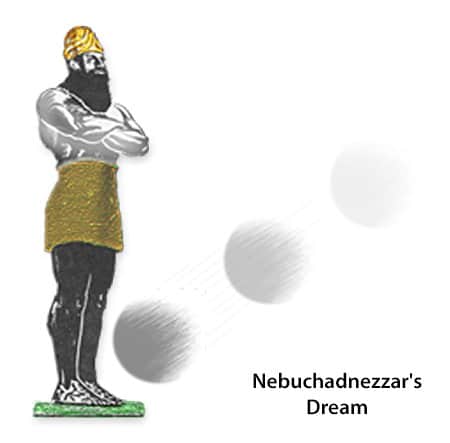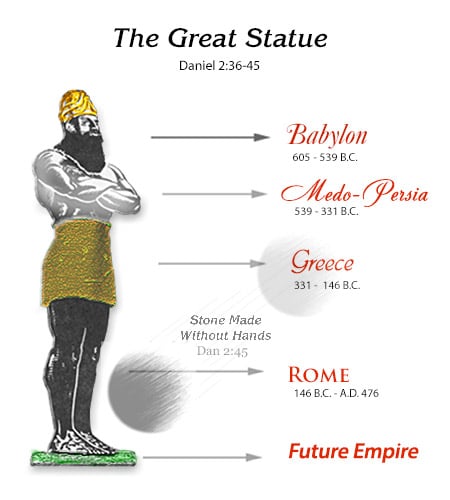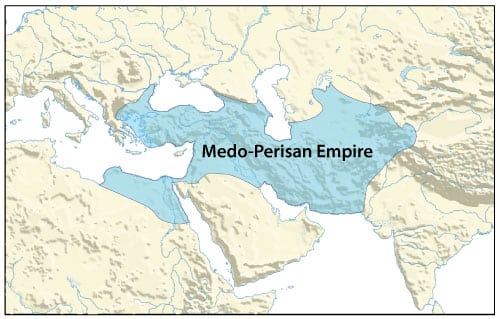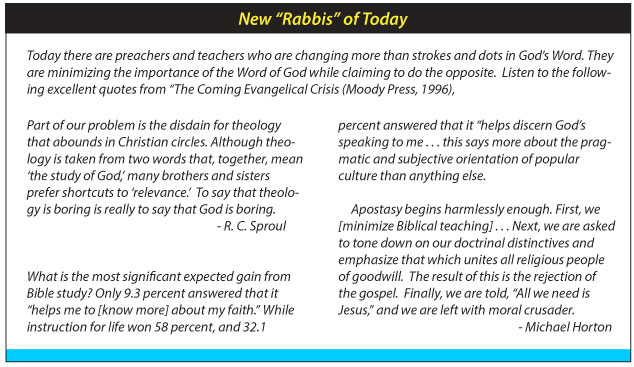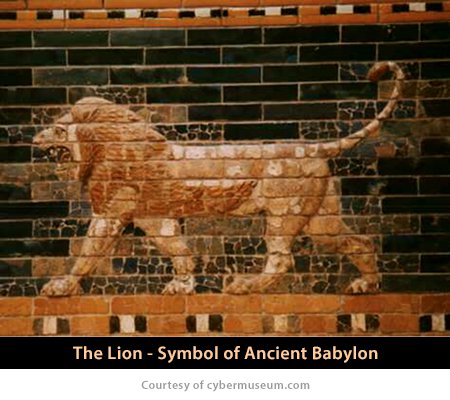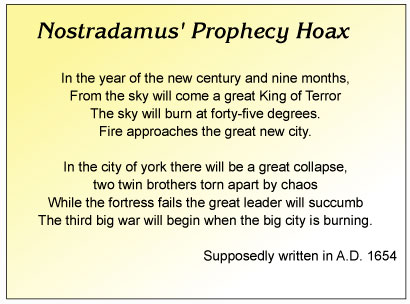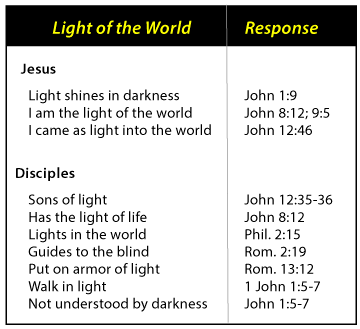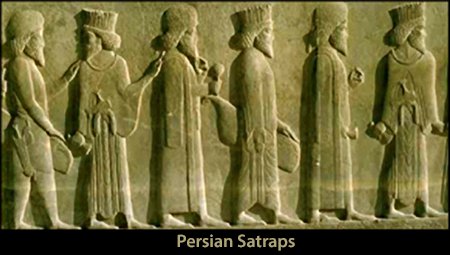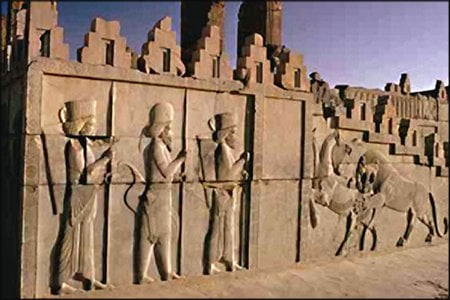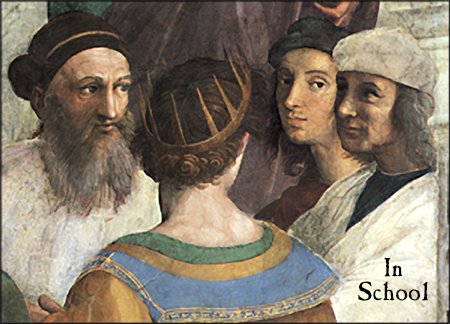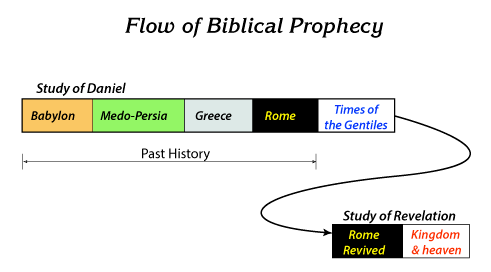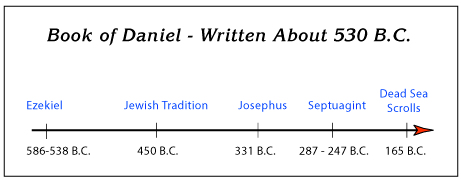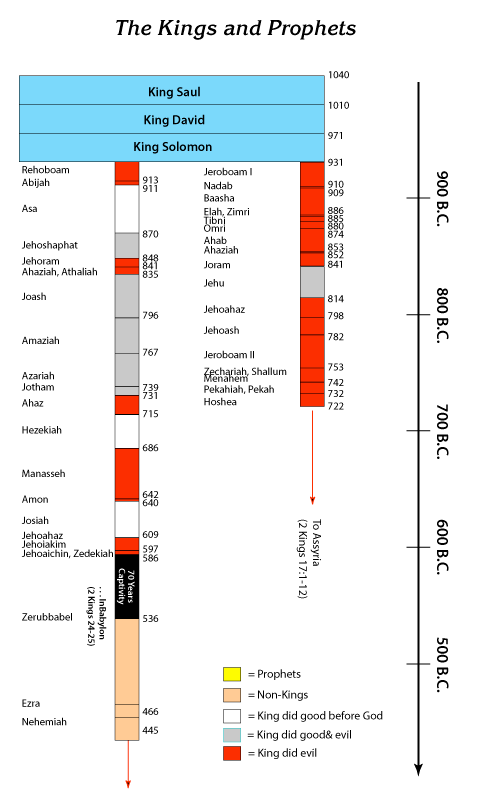Heart-Murder!
Anger is a choice! It is experienced in most marriages. “I hate you!” “I hate you!” “You love the children more than do me!” said Joe. “They are all that you care about.” “I wish I had never married you!” And depending on how his wife, Karen, responds Joe may call her names. And if Karen responds to that, he may insult her and ridicule her character. Anger is a powerful feeling! Many of us have wished our parents or friends were dead because they hurt us. How do you handle your anger? Our society has many suggestions about how to handle our anger. Some advise us to suppress our anger and others recommend we express it. John Powell said, “When I repress my emotions, my stomach keeps score.” Anger? Jesus introduces the subject with . . .
You have heard that the ancients were told, “YOU SHALL NOT COMMIT MURDER” and “Whoever commits murder shall be liable to the court. But I say to you . . .“ Matthew 5:21-26 (NASB)
You Have Heard
In Matthew 5:20, Jesus has just finished telling the crowd sitting on the hillside that unless their righteousness is greater than that of their spiritual leaders they will not enter the Kingdom of Heaven. And before that, He told them He came to fulfill the Law – not destroy it. So Jesus is ready to correct the false teaching of the Pharisees and Scribes. He is ready to reveal the unrighteousness of these “pastors” and “church leaders.”
“You have heard that the ancients were told.” The ancients were the Jewish spiritual leaders who had lived in time past. As an example, the Jews called two of their famous rabbis, Hillel and Shammai, “fathers of antiquity.” So Jesus quotes these religious leaders, “‘YOU SHALL NOT COMMIT MURDER‘ and ‘Whoever commits murder shall be liable to the court.‘” This statement was like delicious food mixed with a little poison. Most of the statement was true but not all. The first part was the sixth commandment as given by God. It is recorded in Exodus 20:13 and repeated in Deuteronomy 5:17. And God’s penalty for murder was given in Exodus 21:12,
He who strikes a man so that he dies shall surely be put to death. Exodus 21:12 (NASB)
The ancient religious leaders had altered the penalty. So what else is new! They had also altered the fifth commandment about honoring father and mother to say, ” . . . honor with words only.” They taught that it was not what happens on the inside that is important but what occurs on the outside. They apparently taught that God only required that you not physically murder someone else.
But I Say
They missed God’s point. They missed the intent of the sixth commandment and they made man’s civil court the standard – not God. So Jesus corrects their teaching,
But I say to you that everyone who is angry with his brother shall be guilty [liable] before the court; and whoever shall say to his brother, “Raca,” shall be guilty before the supreme court; and whoever shall say, “You fool,” shall be guilty enough to go into the fiery hell. Matthew 5:22 (NASB)
Jesus concentrates on the core issue of the heart and puts the focus back on God. He makes three simple statements. First, Jesus says the penalty for being angry without a holy reason is judgment by the court. He starts by using the exact same phrase the ancients use, “liable to the court,” and switches “anger” for “murder.” Feelings build when arguments get worse and Jesus knows this. This is why He adds “Raca” in His next statement and increases the penalty to an appearance before the Sanhedrin. The first penalty was a trip to the local court of 36 judges. Here the angry person appears before the Sanhedrin, the highest Jewish court with 70 judges. They could issue the severest penalties, including death. Raca is an Aramaic word. It was a common word used by the people for insulting someone – to say the other person was “empty-headed.” It was accompanied with anger and contempt. As with any great argument, it escalates even more, and it is interesting that Jesus increases the next penalty for calling someone a MOROS. The Greek word MOROS had the idea of being a fool and lazy. It appears to show contempt for the person’s character. Raca targeted the head and MOROS appears to target the character. What was Jesus’ penalty? It was “hell-fire.”
This sounds like our couple Joe and Karen. The argument started small and escalated. Was Jesus serious about these judgements? Some will ask, “How could a court know our thoughts?” Well, an earthly court may not but God knows! Matthew 12:36-37 tells us that God will judge us for “every careless word.” Does He know our thoughts? Yes, He does (Genesis 24:42-45), and God knows our heart.
Your Heart?
Jesus went past the external physical act of murder. He went after “heart-murder.” Murder in the heart! Can I ask, “Who is your heart angry towards – a sister or brother?” How about dad or mom, a former husband or wife, a pastor or friend, an employer, or some stranger? Yes, you may not have expressed it, but you are just as guilty. God is looking at your heart. Has your stomach been keeping score?
But the things that proceed out of the mouth come from the heart, and those defile the man. For out of the heart come evil thoughts, murders, adulteries, fornications, thefts, false witness, slanders. Matthew 15:18-19 (NASB)
Murder starts in the heart. Anger is murder in the heart! So how is your heart? Is there an old, old hurt somewhere in your heart that you have never dealt with?
Responding To Anger
Now Jesus shows us how to deal with anger. What is surprising is that His examples are focused on people who are angry with us. All too often when there is tension, ill feelings and anger towards another, we let it go because we do not want to deal with it, or we tell ourselves there is really nothing we can do about it. Martin Luther says it well, “The heathen world says, “A broken arrow forever retains its crack.” We tell ourselves there is nothing we can do about it.
Jesus Disagrees
In the next two verses, Jesus says that if in the middle of our worship we remember that someone has something against us, God does not want us to remain. Our worship is muddied by anger. He wants us to go to the one we have offended and seek peace. God does not want our worship, until we have made peace.
Jesus next illustration (Matthew 5:25-26) has the same core idea. Here the picture is a civil lawsuit and you are guilty. Jesus says go and make peace. Jesus is serious. He has been talking about our anger. It is not enough to be concerned about our anger; we are to be concerned about another’s anger toward us when we have offended him or her. Are you wondering why Jesus said this? I believe Jesus’ point is this, if you go to the one you have offended and find peace, your anger and his or her anger will disappear. If you are not willing to go to that one and seek peace, it says something about your heart. Is it possible there is anger? Murder in your heart?
Conclusion
Sometimes we seek peace with one whom we have offended and do not find it. All Jesus asks us to do is try (Romans 12:18 ). When anger comes into your heart towards another, do three things: 1) Admit your sin to God (1 John 1:9). 2) Ask the Holy Spirit to help you see what other related sins are in your heart. 3) Go prayerfully to your brother and seek peace. If you are serious about forgiveness, you will go seeking peace. When peace is found, love will be restored and anger will flee away. Anger is a choice (Ecclesiastes 7:9; Colossians 3:8; James 1:19).

